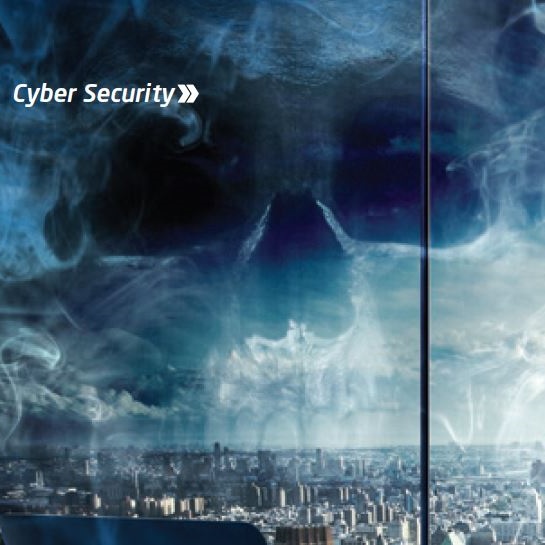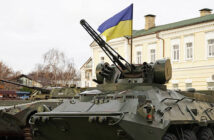
Why do we insist on idealising whistle-blowers?
It wasn’t too long ago that we trusted our governments, with citizens largely believing security agencies (ASD, ASIO, GCHQ, MI5, CIA and the NSA) were protecting their interests and thwarting the bad guys’ plans for global domination, havoc and mayhem.
However, somewhere along the line, things changed, fundamentally assisted by Edward Snowden and other government whistle-blowers. Governments writ large have become synonymous with the bad guys and what was once a rational fear about safety and security has developed into national paranoia that government is listening to everything we say and considering us all guilty until proven innocent.
As a veteran consultant in the national and international security arenas, I have seen dangerous knee-jerk reactions in legislation, such as the US Patriot Act, that simply don’t help imbue public support for the security services. However, large scale privacy and security concerns aside, does the average citizen really think they are that interesting to the security services? It may be flattering to think that a conversation about your up and coming holiday to the Netherlands is critically important to the security services, but realistically, all they are really doing is trying to catch the bad guys and keep you and your loved ones safe.
The problem is, surveillance can’t be constrained to such a narrow field of focus as to only target suspected terrorists and criminals. It takes hard work, diligence, perseverance and tedious trawling through petabytes of information, from the perspectives of gathering intelligence, surveillance and reconnaissance.
Oversimplifying the Issues
In July 2014, the Pew Research Centre conducted a worldwide poll asking global publics to decide if the American government’s monitoring of communications of [insert your country]citizens, is acceptable. This was followed by the same question posed with suspected terrorists instead of citizens, as the target of the surveillance. Over 80% of those surveyed across 44 countries said it was unacceptable to monitor communications of (survey country) citizens, while only 29% said it was unacceptable to monitor communications of suspected terrorists. So, the answer is simple, to make life easier, we should simply demand that would-be terrorists identify themselves to the security services, so that the government can regain the global publics’ acceptance…Click HERE to find out more about this article





